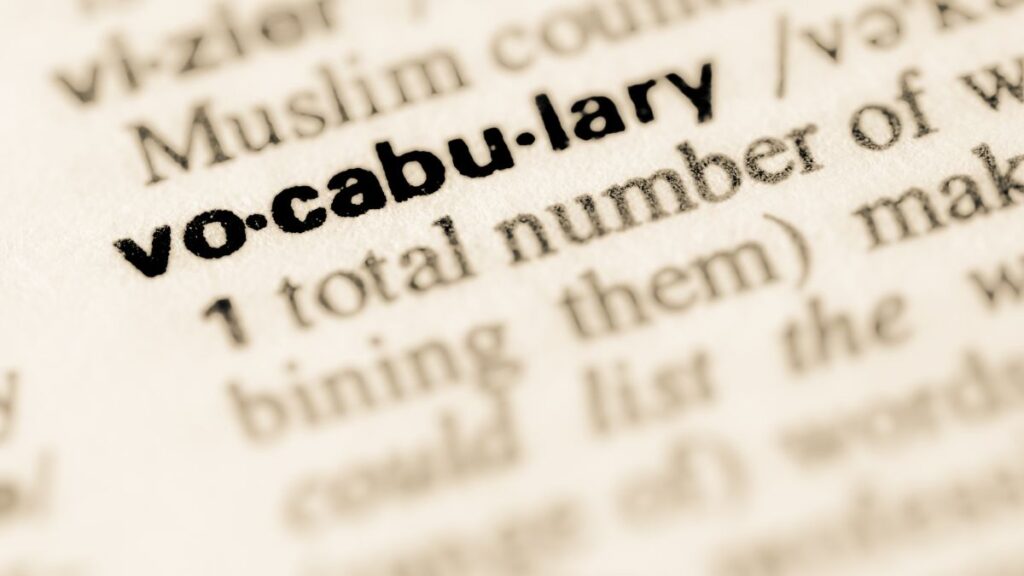- Rigorous – adjective – severe or harsh
- A rigorous routine can help improve overall fitness and health.
- Egregious – adjective – extraordinary in a bad way; flagrant
- The egregious mistake cost the company millions of dollars in damages.
- Astute – adjective – very perceptive or discerning; shrewd; cunning
- An astute businessperson is able to make sound decisions based on careful analysis and observation.
- Catharsis – noun – relieving emotional tensions, especially through any kind of art
- Engaging in a creative activity can provide a catharsis for pent-up emotions.
- Despot – noun – a ruler with absolute, unlimited power; a tyrant or oppressor
- The despot exercised complete control over all his subjects.
- Poignant – adjective – having a strong mental appeal; something that moves the emotions
- The poignant story about loss and grief brought tears to many readers’ eyes.
- Affluence – noun – having an abundant supply of money, property, and other material goods; wealth
- The family’s affluence allowed them to live a life of luxury and comfort.
- Biased – adjective – having an unreasoned feeling or opinion of something
- The article’s author was accused of being biased due to their close ties with the subject of the piece.
- Altercation – noun – an angry and/or noisy argument
- The altercation between the two players resulted in a red card for both.
- Usurp – verb – to take over a position by force or without legal right
- The ambitious politician attempted to usurp the power of the ruling party.
- Capitulate – verb – to surrender; give up
- In order to avoid punishment, the criminal decided to capitulate and confess to the crime.
- Incorrigible – adjective – unable to be controlled or corrected; unruly
- The incorrigible child refused to listen to her parents and continued to misbehave.
- Hypocrisy – noun – pretending to have virtuous standards, character, morals, or beliefs that one does not actually possess or is the opposite of how they actually behave
- The politician’s hypocrisy was exposed when it was revealed that they had been accepting bribes while carrying out his anti-corruption campaign.
- Prerequisite – noun – required beforehand
- The prerequisite qualifications for the posted job included a Bachelor’s Degree and 2 years of experience in the industry.
- Surmise – verb – to come to a conclusion without certain or strong evidence; guess; conjecture
- Based on the evidence presented, it is reasonable to surmise that the suspect is guilty.
- Tirade – noun – a long, angry outburst; denunciation
- The angry customer went on a tirade, yelling at the employees and causing a scene.
- Conundrum – noun – anything that creates confusion; a difficult problem or question
- The team faced a conundrum when they realized they all had conflicting schedules, making it difficult to set a time to work on their project.
- Nebulous – adjective – hazy or vague; confusing
- The meaning of the poem remained nebulous, even after multiple readings.
- Pariah – noun – someone or something that is generally avoided; outcast
- Due to her unpopular opinions, the author became a pariah in the literary community.
- Preclude – verb – to prevent the presence, existence, or occurrence of; make impossible
- The rainy weather may preclude us from having a picnic this weekend.
View our resources
Strive Resources | TpT | Made By Teachers | Classful | Etsy

